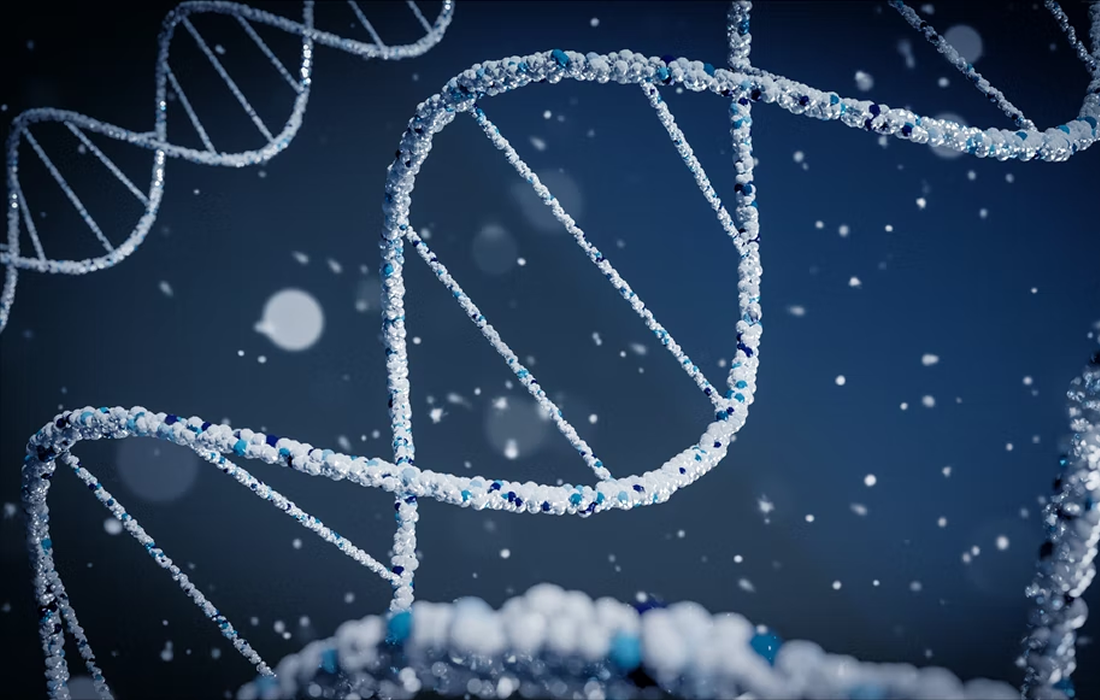Regenerative Medicine News and General Information
New Study Finds Why Many IVF Fail to Develop
In humans, when an egg is fertilized there is no guarantee of reproductive success. Most of the embryos stop developing and perish within days of fertilization, usually because of an abnormal number of chromosomes.
In a recently published study, researchers from Columbia University College of Physicians and Surgeons have found that the majority of mistakes are due to spontaneous errors during DNA replication in the earliest phase of cell division. The results appear in the journal Cell.
It’s been long believed that errors occur during the last phase of cell division when chromosomes separate into 2 identical daughter cells. The team found that chromosomal abnormalities stem from errors that occur earlier when the genome’s DNA is duplicated.
The study was performed using embryos created in a petri dish, including from individuals undergoing in vitro fertilization (IVF).
If the DNA is not copied precisely the spingle malfunctions and places the wrong number of chromosomes into each daughter cell. The source of these errors appears to come from obstacles in the DNA’s double helix.
According to the research findings, spontaneous errors can occur as early as the first cycle of cell division, or in subsequent cell divisions, and if too many cells have the same chromosomal abnormalities, the embryo doesn’t develop.
The team is planning on performing additional studies in order to understand these processes and ways to reduce the risk of genetic abnormalities for patients undergoing IVF. This is because many women undergoing these procedures require multiple cycles to get pregnant and some never get pregnant at all, which is incredibly expensive and also has a high impact on the woman’s emotional health.
Source:
Columbia University Irving Medical Center. “Study finds why many IVF embryos fail to develop.” ScienceDaily. ScienceDaily, 19 July 2022. <www.sciencedaily.com/releases/2022/07/220719130213.htm>.
Image from:

